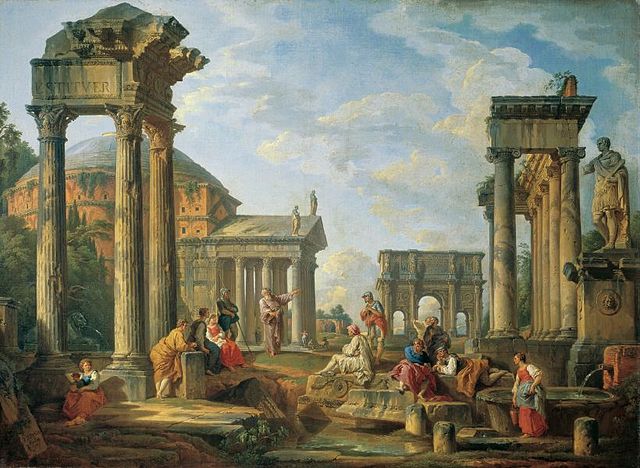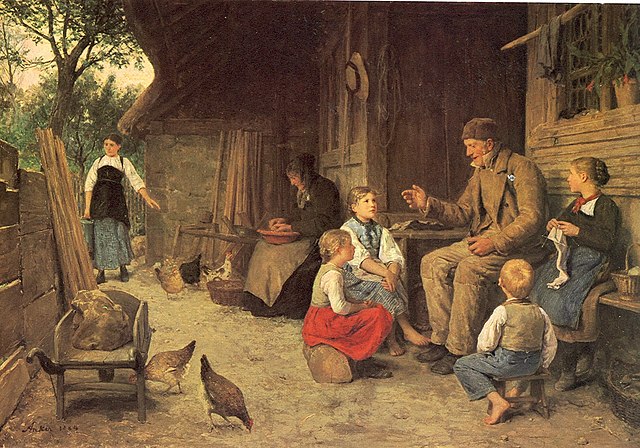Western culture, also known as Western civilization, European civilization, Occidental culture, or Western society, includes the diverse heritages of social norms, ethical values, traditional customs, belief systems, political systems, artifacts and technologies of the Western world. The core of Western civilization, broadly defined, is formed by the combined foundations of Greco-Roman civilization and Western Christianity. While Western culture is a broad concept, and does not relate to a region with fixed members or geographical confines, it generally relates to the cultures of countries with historical ties to a European country or a number of European countries, or to the variety of cultures within Europe itself. However, countries toward the east of Europe are sometimes excluded from definitions of the Western world.

Leonardo da Vinci's Vitruvian Man, based on the correlations of ideal human proportions with geometry described by the ancient Roman architect Vitruvius in Book III of his treatise De architectura
Plato, arguably the most influential figure in early Western philosophy, has influenced virtually all of subsequent Western and Middle Eastern philosophy and theology
Alexander the Great
The Maison Carrée in Nîmes, one of the best-preserved Roman temples
Cultural heritage is the heritage of tangible and intangible heritage assets of a group or society that is inherited from past generations. Not all heritages of past generations are "heritage"; rather, heritage is a product of selection by society.
Roman ruins with a prophet, by Giovanni Pannini, 1751. The artistic cultural heritage of the Roman Empire served as a foundation for later Western culture, particularly via the Renaissance and Neoclassicism (as exemplified here).
The Grandfather tells a story, by Albert Anker, c. 1884.
Karl von Habsburg, on a Blue Shield International fact-finding mission in Libya
Plaque stating the designation of Carthage as a World Heritage Site.








